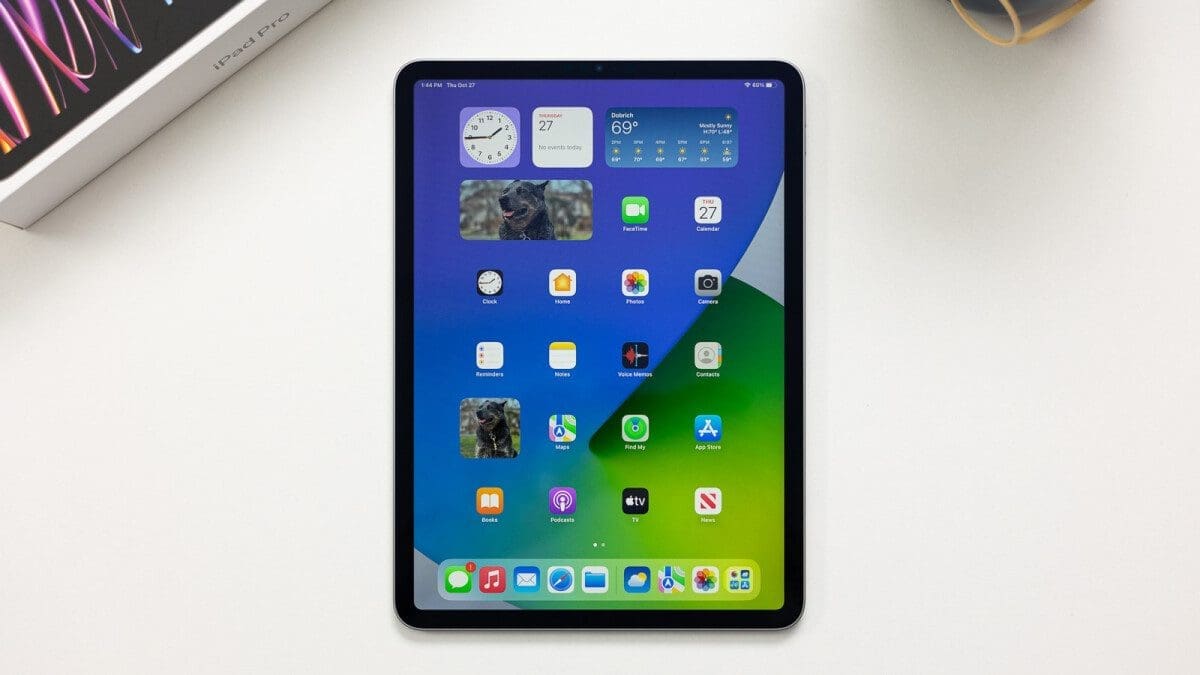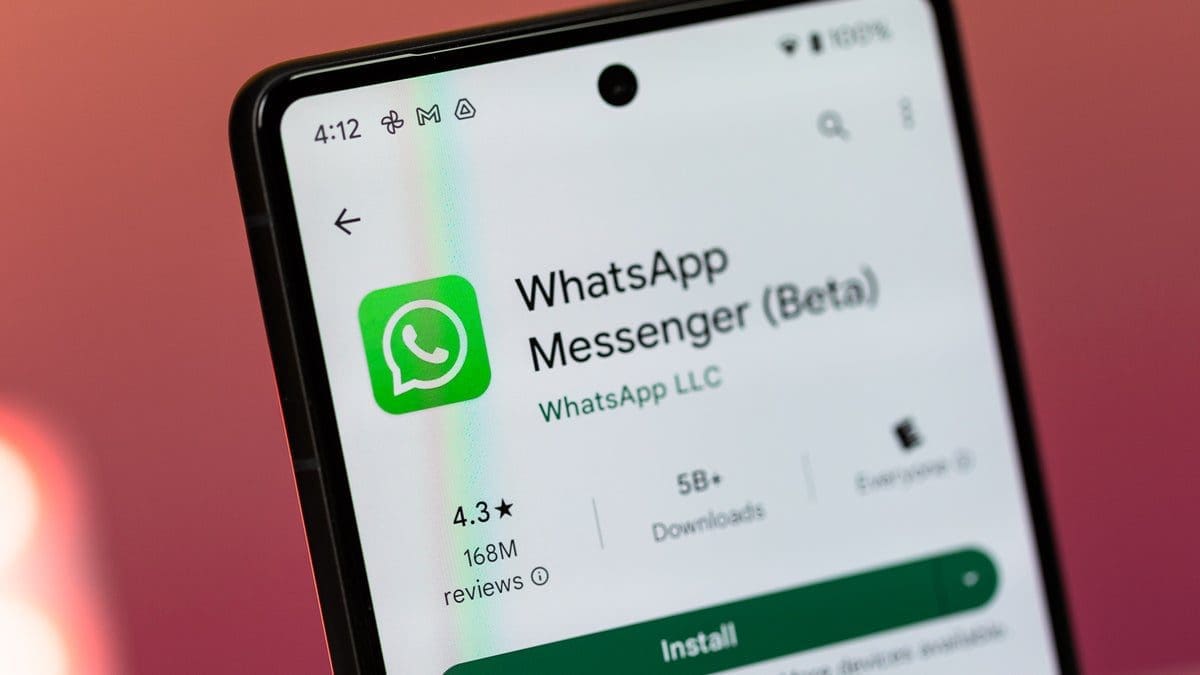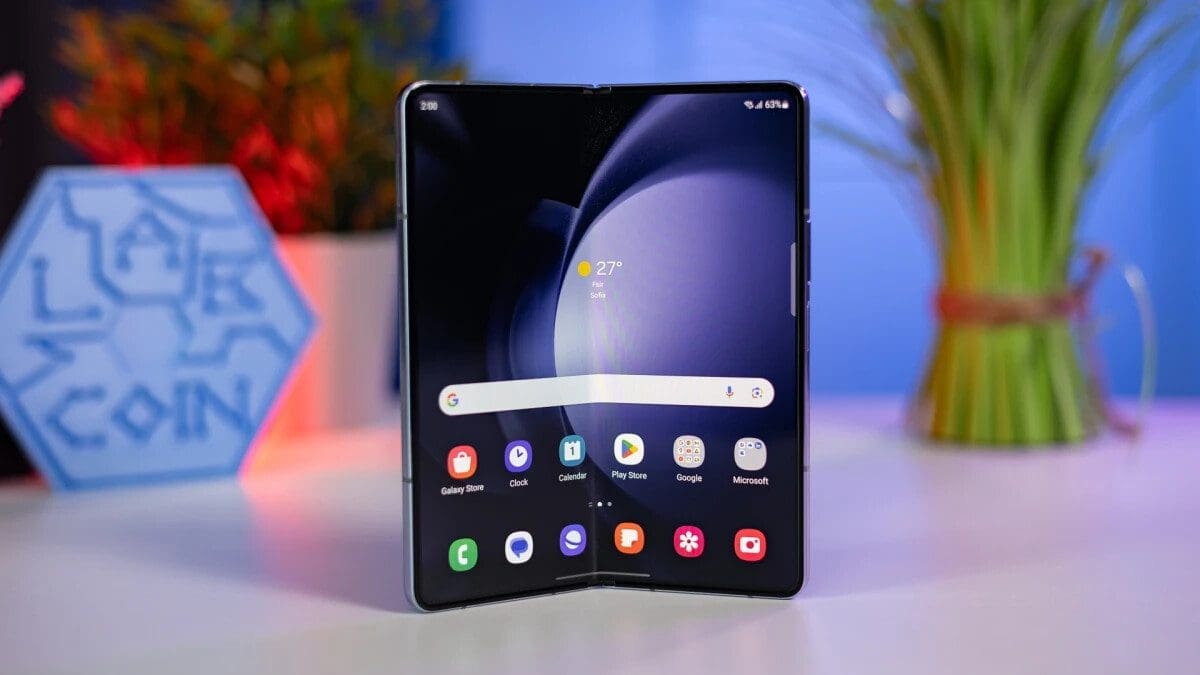A recent ruling by a federal district court in New York has brought significant changes to the way U.S. border agents can search electronic devices of travelers crossing the U.S. border. Here’s what you need to know:
– The court ruled that U.S. border agents must now obtain a warrant before searching the electronic devices of Americans and international travelers.
– This ruling challenges the previous legal stance that allowed border agents to access travelers’ devices without a warrant.
– The decision, issued on July 24, emphasizes the need for a warrant before accessing what the Supreme Court refers to as ‘a window into a person’s life.’
– This ruling applies across the U.S. Eastern District of New York, impacting major transportation hubs like John F. Kennedy International Airport.
– Despite its broad implications, U.S. Customs and Border Protection (CBP) has not yet commented on this decision.
The court’s decision was prompted by a case involving Kurbonali Sultanov, a U.S. citizen whose phone was seized at JFK Airport in 2022. Sultanov argued that the search violated his Fourth Amendment rights and moved to suppress the evidence obtained.
This ruling marks an important step towards protecting privacy rights at the U.S. border, where travelers’ digital privacy has often been compromised in the past.
Stay tuned for more updates on this evolving situation as we continue to monitor developments in telecommunications law and privacy protection initiatives.









